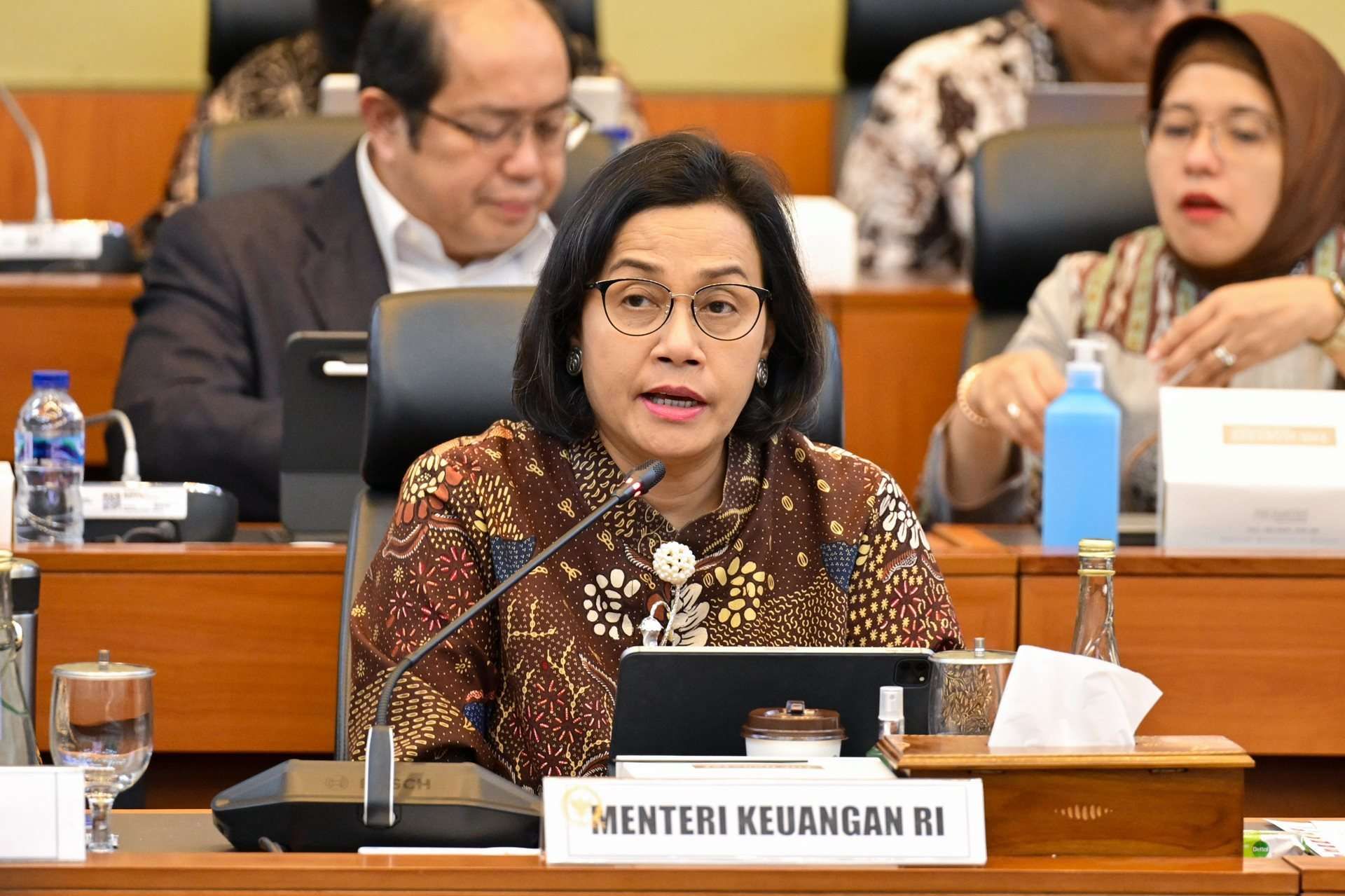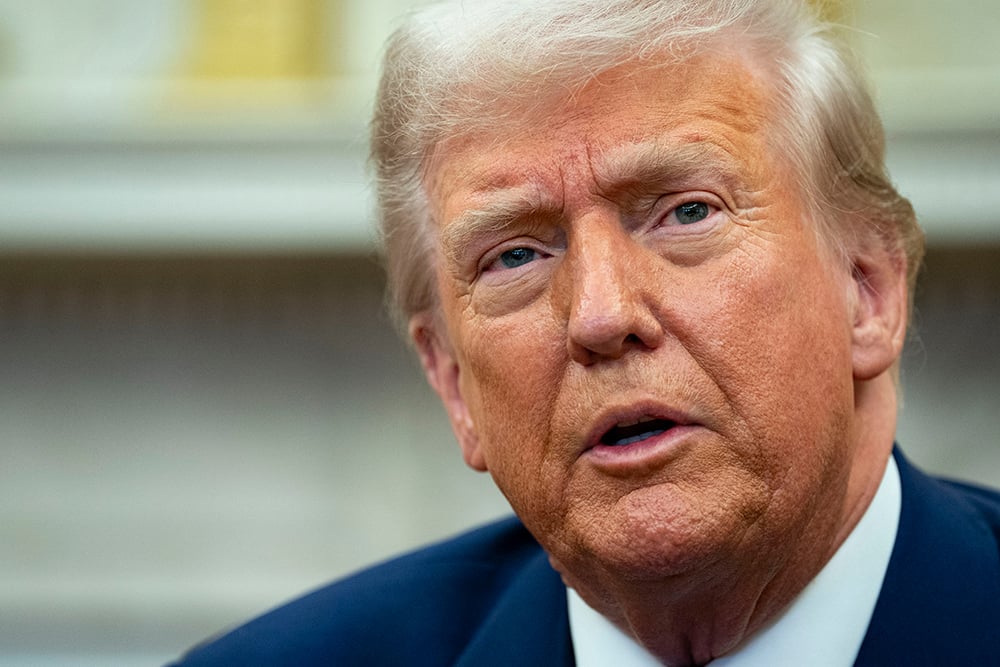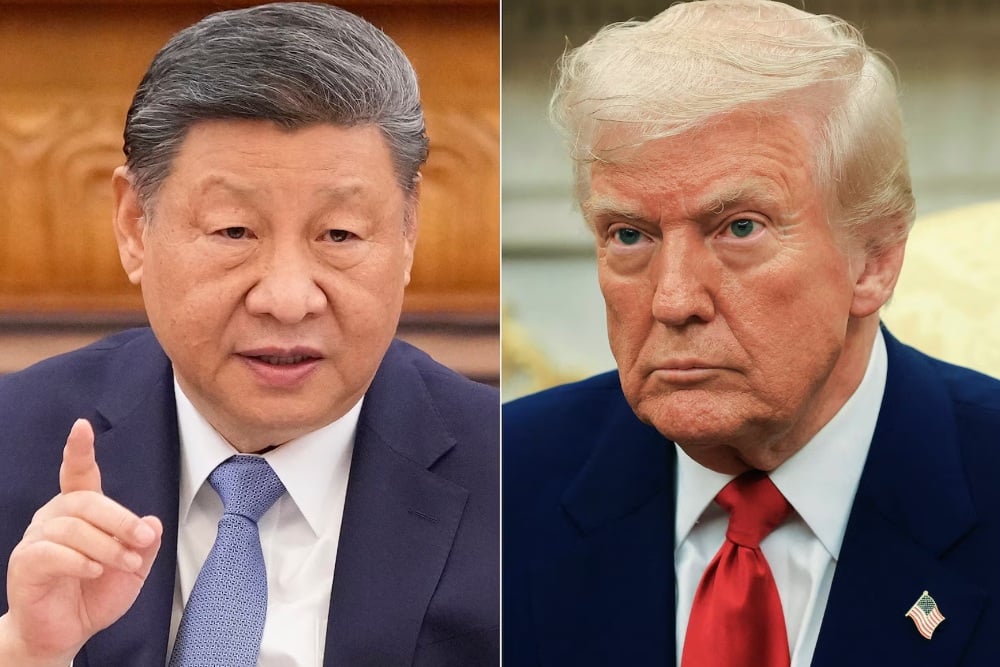In a powerful statement that has sparked discussions in global trade circles, Indonesia’s Finance Minister Sri Mulyani Indrawati has questioned the effectiveness of the World Trade Organization (WTO) during the turbulent period of the Trump administration’s trade tariffs. According to her, the WTO’s role “did not function” when the global economy was under intense pressure from rising protectionism and tariff wars.
Her remarks, delivered at a recent international economic forum, shine a spotlight on the urgency of WTO reform and multilateral cooperation.
📉 The Trump Tariff Era: A Blow to Global Trade Norms
To understand Sri Mulyani’s criticism, we must revisit the trade landscape during Donald Trump’s presidency. Between 2017 and 2021, the U.S. administration imposed heavy tariffs—especially targeting China, but also affecting allies such as the European Union, Canada, and Mexico.
These actions sparked a wave of retaliatory tariffs, disrupted global supply chains, and weakened the trust in established trade frameworks.
“When the global economy was shocked by tariff increases, the WTO failed to respond with authority,” Sri Mulyani stated.
⚖️ WTO’s Struggles: Lacking Teeth in Times of Crisis
The World Trade Organization is supposed to serve as a neutral platform for resolving trade disputes and enforcing global trade rules. However, during the Trump tariff escalation:
- The WTO’s Appellate Body was paralyzed due to blocked appointments by the U.S.
- Dispute resolutions stalled or were ignored.
- Members increasingly resorted to unilateral trade measures without consequences.
Sri Mulyani emphasized that this inaction damaged trust in the multilateral system, especially for developing countries like Indonesia that rely on fair global trade.
🌐 Why It Matters: Developing Nations Are Most at Risk
Sri Mulyani’s concerns are not just academic. For emerging economies, the WTO plays a crucial role in:
- Ensuring predictable market access
- Protecting smaller economies from unfair trade practices
- Promoting inclusive global growth
Without a functioning WTO, smaller countries are left to navigate trade tensions alone, often with limited bargaining power.
🔁 A Call for Reform: What’s Next for Global Trade Governance?
In light of these failures, Sri Mulyani has joined growing international voices calling for WTO reform. Key areas of reform include:
- Restoring the Appellate Body
- Creating faster and more transparent dispute mechanisms
- Adapting rules to modern trade realities like digital commerce and climate-linked tariffs
She stressed that without meaningful changes, the WTO risks becoming irrelevant in today’s fast-changing geopolitical and economic landscape.
✅ Conclusion: The World Needs a Stronger, Fairer WTO
Sri Mulyani’s remarks serve as a wake-up call. Global trade cannot survive without credible institutions. As protectionist policies re-emerge and geopolitical tensions rise, the WTO must evolve to stay relevant and protect smaller economies from being sidelined.
Her message is clear: if the WTO wants to retain its authority, it must prove its ability to act during crises—not just when times are stable.



